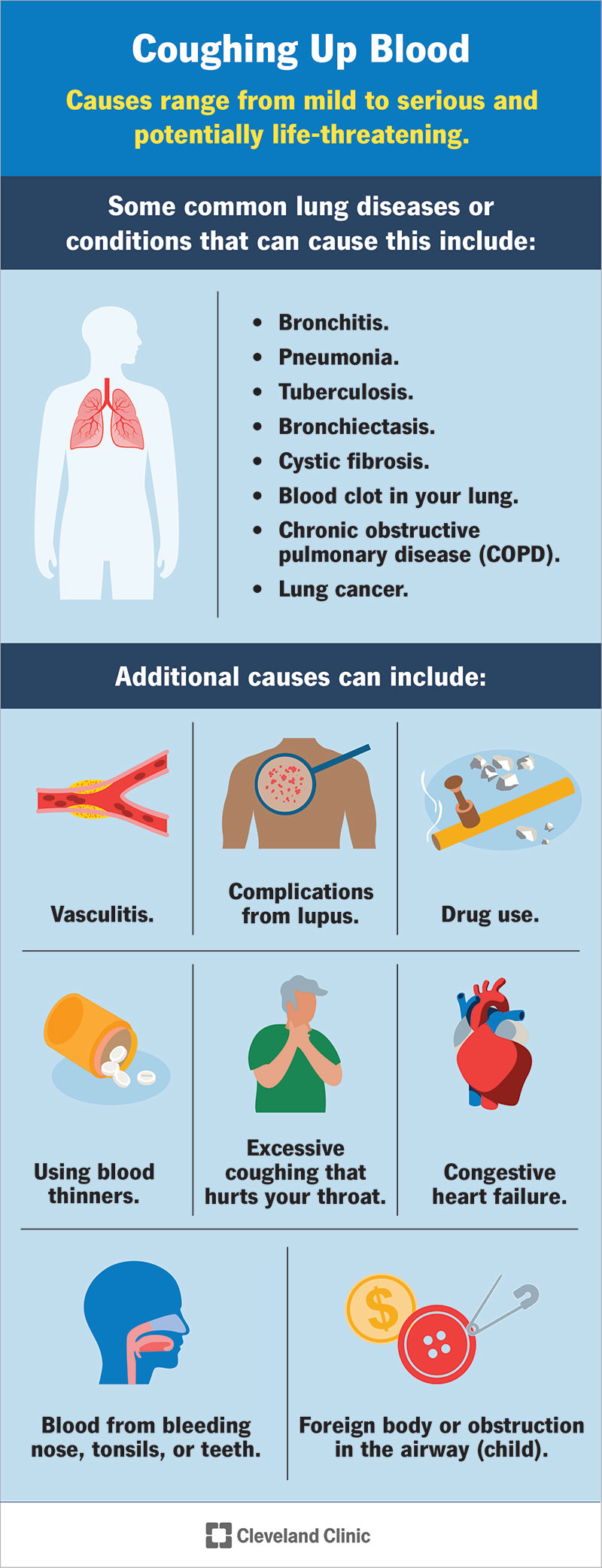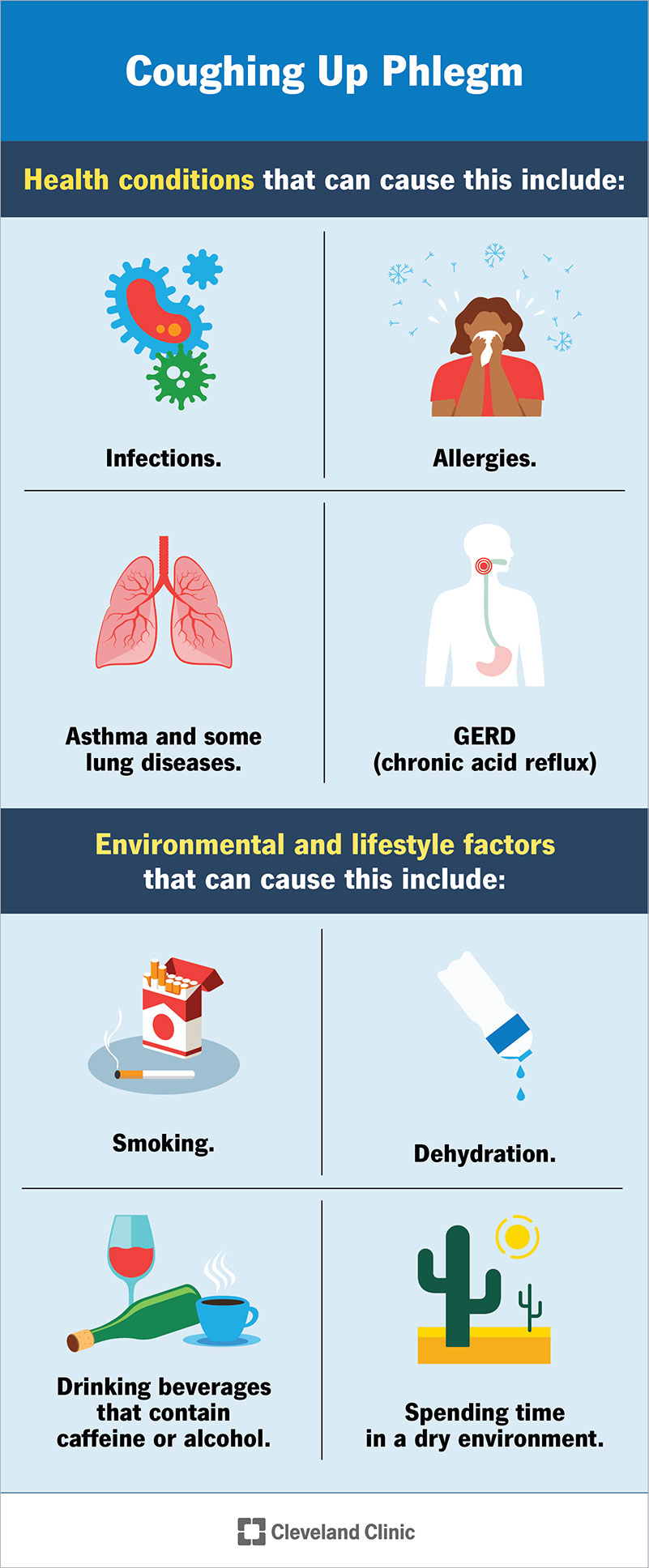Have you ever wondered why your stomach feels sore after a persistent coughing episode? It's a common concern that many people experience, especially during cold and flu seasons. The discomfort in your abdominal area can be alarming, but understanding the reasons behind it can help you manage the symptoms effectively. In this article, we will explore the reasons why your stomach might feel sore after coughing and provide practical solutions to alleviate the discomfort.
Coughing is a natural reflex that helps clear irritants from your respiratory system. However, when it becomes prolonged or severe, it can strain your abdominal muscles, leading to soreness. This article aims to provide you with a detailed explanation of the underlying causes, prevention methods, and treatment options for a sore stomach caused by coughing.
By the end of this guide, you'll have a better understanding of why your stomach might feel sore after coughing and how to address the issue. Let's dive in!
Read also:Understanding The Us Vs One Package A Comprehensive Comparison
Table of Contents
- Biological Reasons Behind Stomach Soreness
- Muscle Strain and Its Effects
- Types of Cough and Their Impact
- Diagnosis of Stomach Soreness
- Preventing Stomach Soreness from Coughing
- Treatment Options for Sore Stomach
- Home Remedies for Relief
- When to See a Doctor
- Lifestyle Changes for Better Health
- Expert Opinions and Research
Biological Reasons Behind Stomach Soreness
When you cough, your diaphragm and abdominal muscles contract forcefully to expel air from your lungs. This repeated contraction can lead to muscle fatigue and soreness. The muscles in your abdomen play a crucial role in supporting your respiratory system, and when they are overworked, they can become tender and painful.
How Coughing Affects Abdominal Muscles
- Increased pressure on the abdominal wall
- Repeated stretching of muscle fibers
- Micro-tears in muscle tissue
These biological factors contribute to the soreness you feel in your stomach after a bout of coughing. Understanding these mechanisms can help you recognize the importance of proper care for your abdominal muscles.
Muscle Strain and Its Effects
One of the primary reasons why your stomach feels sore after coughing is muscle strain. The muscles in your abdomen are not designed to withstand prolonged or intense contractions. As a result, they can become strained, leading to discomfort and pain.
Symptoms of Muscle Strain
- Tenderness in the abdominal area
- Difficulty moving or stretching
- Mild swelling or bruising
If you experience these symptoms, it's essential to give your muscles time to recover and avoid activities that exacerbate the strain.
Read also:Does Kj Smith Have A Sister Uncovering The Truth About His Family Background
Types of Cough and Their Impact
Not all coughs are the same, and the type of cough you have can influence the level of soreness in your stomach. Coughs can be classified into several categories, including:
1. Dry Cough
A dry cough is usually caused by irritation in the throat or airways. While it may not produce mucus, it can still strain your abdominal muscles due to the forceful nature of the cough.
2. Wet Cough
A wet cough, also known as a productive cough, involves the expulsion of mucus or phlegm. This type of cough can also lead to muscle soreness, especially if it is persistent.
3. Chronic Cough
A chronic cough lasting more than eight weeks can significantly impact your abdominal muscles, leading to prolonged soreness and discomfort.
Diagnosis of Stomach Soreness
If you're concerned about the soreness in your stomach after coughing, it's important to consult a healthcare professional for an accurate diagnosis. They may perform a physical examination and ask about your symptoms to determine the underlying cause.
Diagnostic Tests
- Chest X-ray
- Blood tests
- Pulmonary function tests
These tests can help rule out other conditions and provide a clearer picture of the cause of your symptoms.
Preventing Stomach Soreness from Coughing
Prevention is key when it comes to managing a sore stomach caused by coughing. Here are some tips to help reduce the strain on your abdominal muscles:
- Stay hydrated to keep your throat moist and reduce the frequency of coughing
- Use a humidifier to add moisture to the air
- Avoid irritants such as smoke and strong odors
- Practice deep breathing exercises to strengthen your respiratory muscles
Implementing these preventive measures can help minimize the impact of coughing on your abdominal muscles.
Treatment Options for Sore Stomach
Several treatment options are available to alleviate the discomfort associated with a sore stomach after coughing. These include:
1. Over-the-Counter Pain Relievers
Nonsteroidal anti-inflammatory drugs (NSAIDs) such as ibuprofen can help reduce inflammation and relieve pain in your abdominal muscles.
2. Muscle Relaxants
In some cases, your doctor may prescribe muscle relaxants to help ease muscle tension and soreness.
3. Cough Suppressants
Cough suppressants can help reduce the frequency and intensity of coughing, giving your muscles time to recover.
Home Remedies for Relief
In addition to medical treatments, there are several home remedies you can try to relieve a sore stomach caused by coughing:
- Apply a warm compress to the affected area to soothe muscle pain
- Engage in gentle stretching exercises to improve muscle flexibility
- Use a soft pillow to support your abdomen while coughing
These simple remedies can provide significant relief and promote faster recovery.
When to See a Doctor
While a sore stomach after coughing is usually not a cause for concern, there are certain situations where you should seek medical attention. These include:
- Persistent or worsening pain
- Difficulty breathing or swallowing
- Signs of infection, such as fever or chills
If you experience any of these symptoms, it's important to consult a healthcare professional for further evaluation.
Lifestyle Changes for Better Health
Making positive lifestyle changes can help reduce the likelihood of developing a sore stomach from coughing. Here are some tips to consider:
- Exercise regularly to strengthen your core muscles
- Follow a balanced diet rich in vitamins and minerals
- Practice good posture to reduce strain on your muscles
By incorporating these changes into your daily routine, you can improve your overall health and well-being.
Expert Opinions and Research
Research has shown that muscle soreness from coughing is a common occurrence, especially in individuals with respiratory conditions. According to a study published in the Journal of Respiratory Care, strengthening the abdominal muscles through targeted exercises can help reduce the impact of coughing on the body.
Experts also emphasize the importance of addressing the underlying cause of the cough to prevent recurring episodes of muscle soreness. By working closely with your healthcare provider, you can develop a comprehensive plan to manage your symptoms effectively.
Conclusion
In conclusion, a sore stomach after coughing is often the result of muscle strain caused by repeated contractions of the abdominal muscles. Understanding the biological reasons behind this discomfort and taking proactive steps to prevent and treat it can significantly improve your quality of life.
We encourage you to share your thoughts and experiences in the comments section below. If you found this article helpful, please consider sharing it with others who may benefit from the information. For more articles on health and wellness, explore our website and stay informed!


